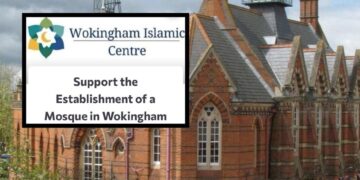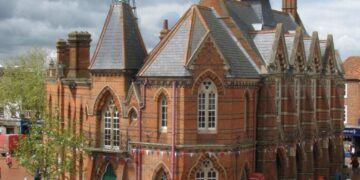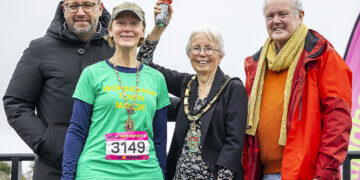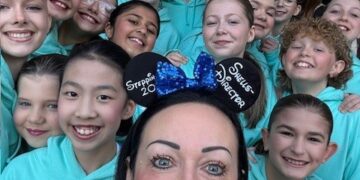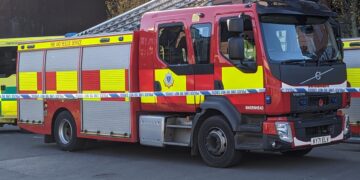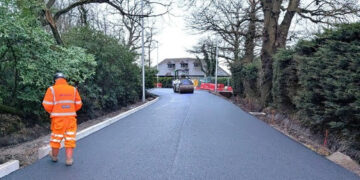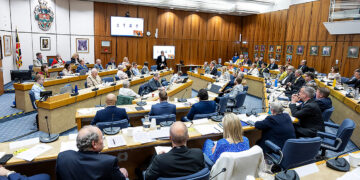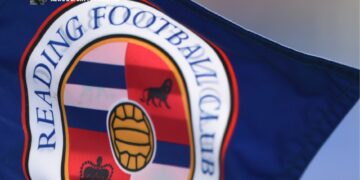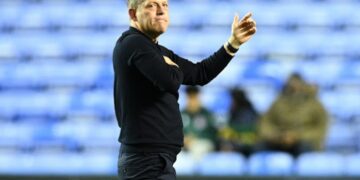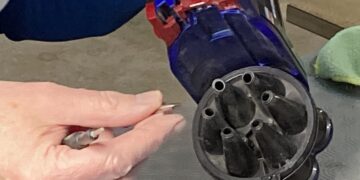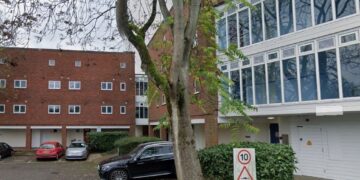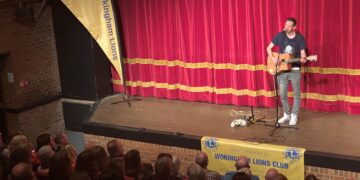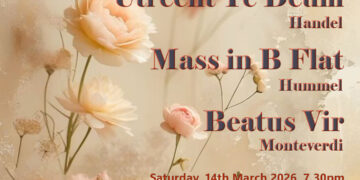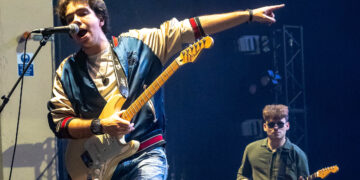SCIENTISTS working on coronavirus-based research had a royal visitor.
Prince Edward, The Earl of Wessex, paid a socially-distanced visit to the University of Reading’s Health and Life Science Building.
He met scientists working on new testing technology for the coronavirus, and had a chance to see different prototype diagnostics kits in action.
They included:
- Dr Al Edwards and Dr Sarah Needs, whose study of the effectiveness of home testing kits was part-funded by University alumni and supporters
- Professor Ian Jones, whose virology lab has been studying SARS-CoV-2 since its emergence almost a year ago
- Professor Rainer Cramer and Henriette Krenkel, whose work on novel testing systems is supported by the UK government’s ‘moonshot’ research programme
- Dr Simon Clarke, who has become a leading commentator in public and the media on the science of the virus
- Professor Jon Gibbins and Dr Sakthi Vaiyapuri, blood cell researchers, who have studied the dangerous impacts and treatments needed in some COVID-19 patients.
Dr Vaiyapuri spoke to The Earl about his work to protect snakebite victims, by developing a new simple test to see if a snakebite victim has been injected with lethal venom, and encouraging people in rural India to seek life-saving treatment.
And the royal visitor joined the School of Biological Sciences students as they took part in practical biology class studying the physiology and evolution of birds.
The Earl also visited the revamped Cole Museum of Zoology and met its director, Professor Amanda Callaghan.
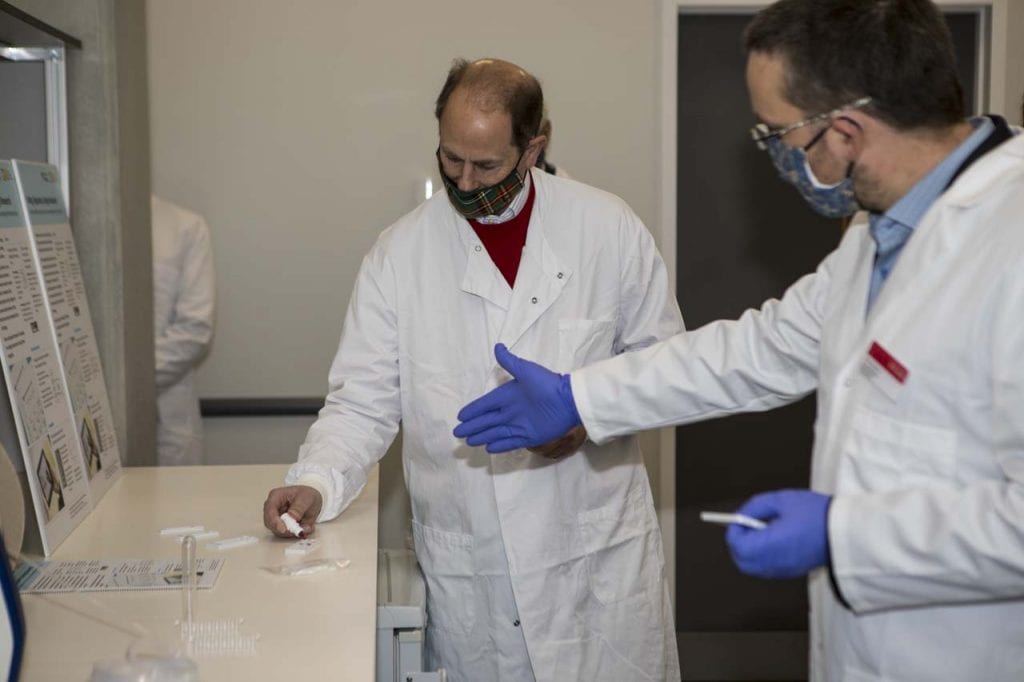
James Puxley, the Lord Lieutenant of the Royal County of Berkshire, was one of those who accompanied the prince during his visit.
“Today we saw first-hand the passion among those at the University of Reading who are applying their ingenuity and skill to the problem of the coronavirus,” he said.
“I am extremely grateful to His Royal Highness for expressing his support and interest in this vital work. This is our Berkshire community at its best, with individuals and institutions working together for the common good.”
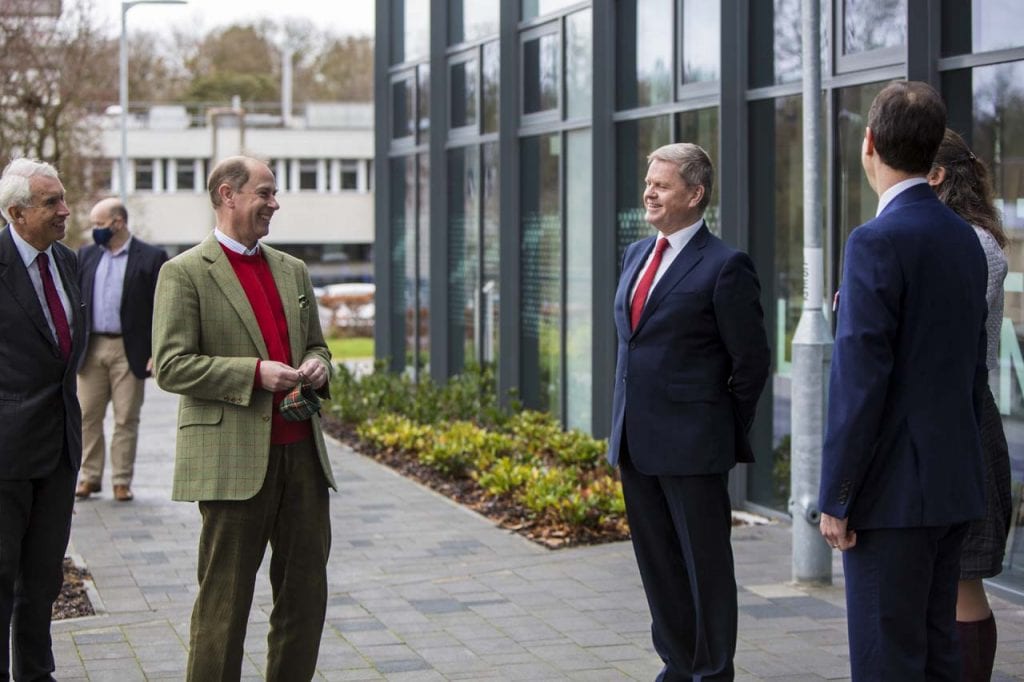
And the university’s vice-chancellor, Professor Robert Van de Noort, was grateful for the royal visit, saying it had been an honour to introduce him to students and staff.
“I am proud of the work they and many others at the university have done, both to find innovative solutions to the pandemic, and in maintaining our world-class research and teaching.”


